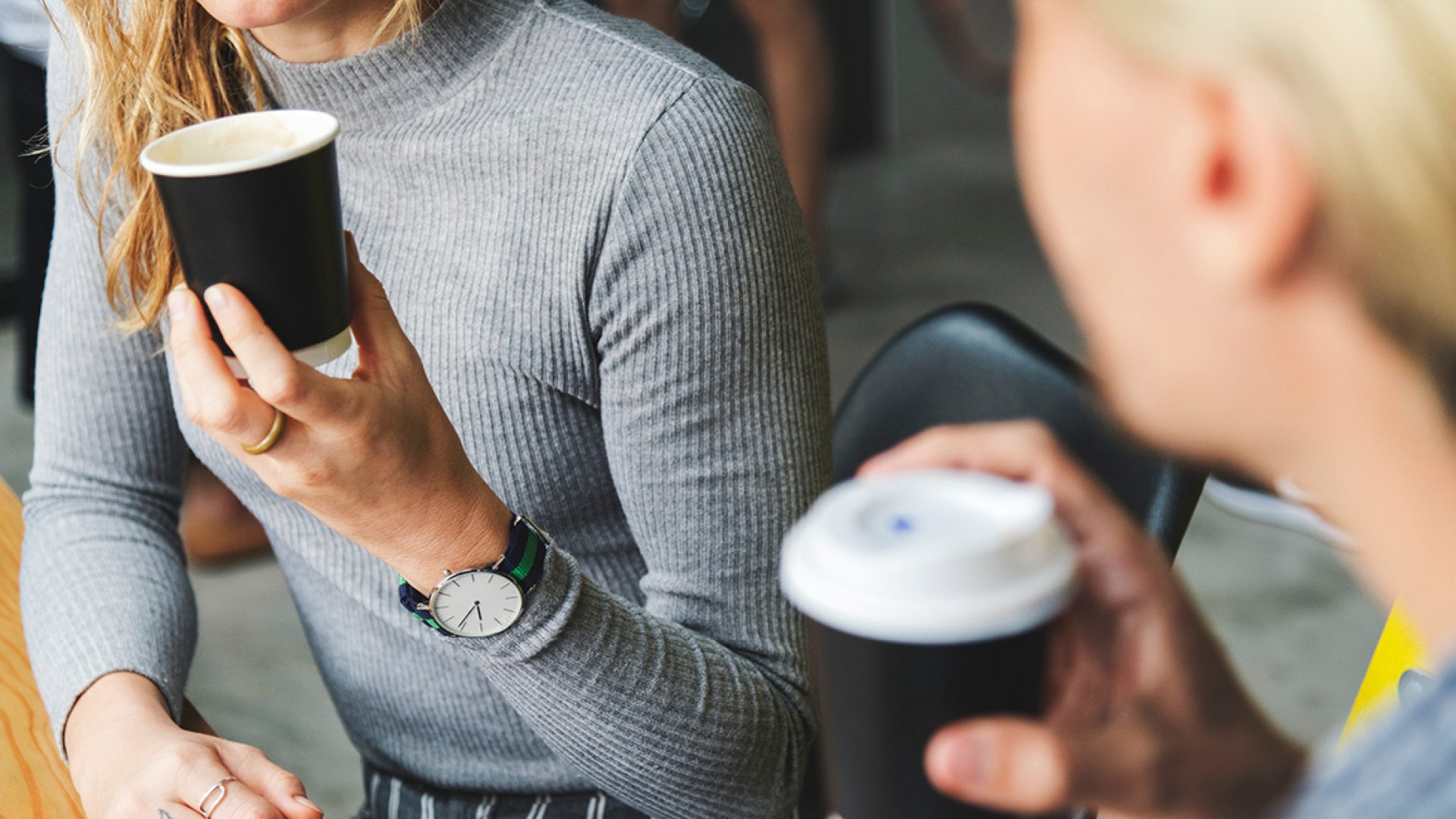Do you know if you can recycle coffee cups or greasy pizza boxes? If you’re tossing things in the recycling bin out of sheer hope, you might be an “aspirational recycler.” This article, courtesy of The New York Times by Livia Albeck-Ripka, outlines the biggest culprits when it comes to the recycling bin.
Disposable Cups
Your disposable coffee cup might seem like it can be recycled, but most single-use cups are lined with a fine film of polyethylene, which makes the cups liquid-proof but also difficult and expensive to reprocess (because the materials have to be separated). Most waste management facilities will treat the cups as trash.
The plastic lid might be recyclable in your area; check the number inside it against your local recycling guidelines.
Greasy Pizza Boxes
Pizza boxes are among the most common offenders when it comes to contamination, waste managers say. The problem is that oil often seeps into the cardboard. The oil cannot be separated from the fiber, making that material less valuable, and less marketable, to buyers.
But that’s not to say you can never recycle a pizza box, said Marjorie Griek, executive director of the National Recycling Coalition, which promotes recycling in the United States. “If you’ve got a few crumbs in there, that’s not an issue,” she said.
Remember, there are also two sides to a pizza box. If there’s a side that’s not oily, tear that off and recycle it.
Yogurt cups (and other non-recyclable plastics)
After China banned used plastics this year, many municipalities in the United States no longer accept plastics numbered 3 to 7, which can include things like yogurt cups, butter tubs and vegetable oil bottles. Look at the bottom of a container for a number inside a triangle to see what type it is.
Should you keep the caps on your bottles? Some waste managers say it’s fine (as long as they are screwed on tight), while others advise throwing them in the trash. Check your local recycling website to see which plastic types are still acceptable in your area.
Oily Takeout Containers
Even if a container is labeled correctly for recycling in your area, another contamination culprit is food residue: Scraps of pad thai in a plastic tray, or those few drops of bad milk at the bottom of the jug.
Washing out food scraps from recyclables can be just as important as putting the right thing in the recycling bin, said Jackie Lang, a spokeswoman for Waste Management in Oregon.
Plastic Bags
If you have a trash chute in your building, or a long walk down to the recycling bin, you might have gotten into the habit of collecting your paper, plastics and glass in used plastic bags, but it’s important to note that the bags themselves should not be put in the recycling cart.
While we might wish that plastic bags — notorious for dissolving into microplastics and killing wildlife — could be sent to processors with our other recycling, they shouldn’t be. They create a nightmare for waste managers by plugging up machinery.
Dirty Diapers
O.K., we’re not accusing you of attempting to recycle used diapers. But people out there are trying. Waste managers around the United States say they turn up at their recycling facilities often. While there have been some attempts at diaper recycling, for the most part dirty one-use diapers are not considered recyclable and are best put straight in the trash.




